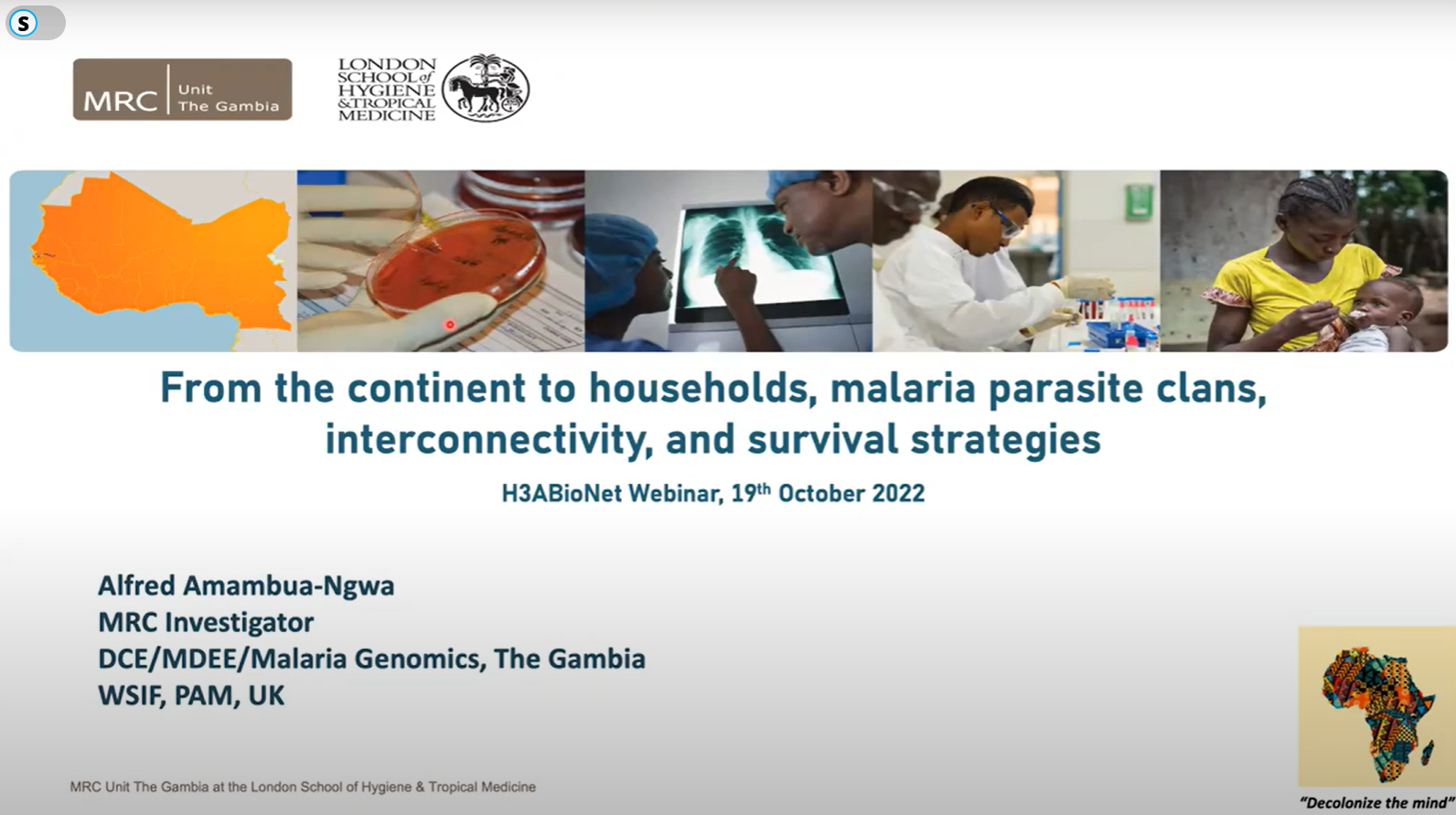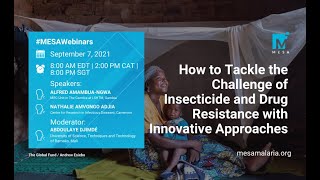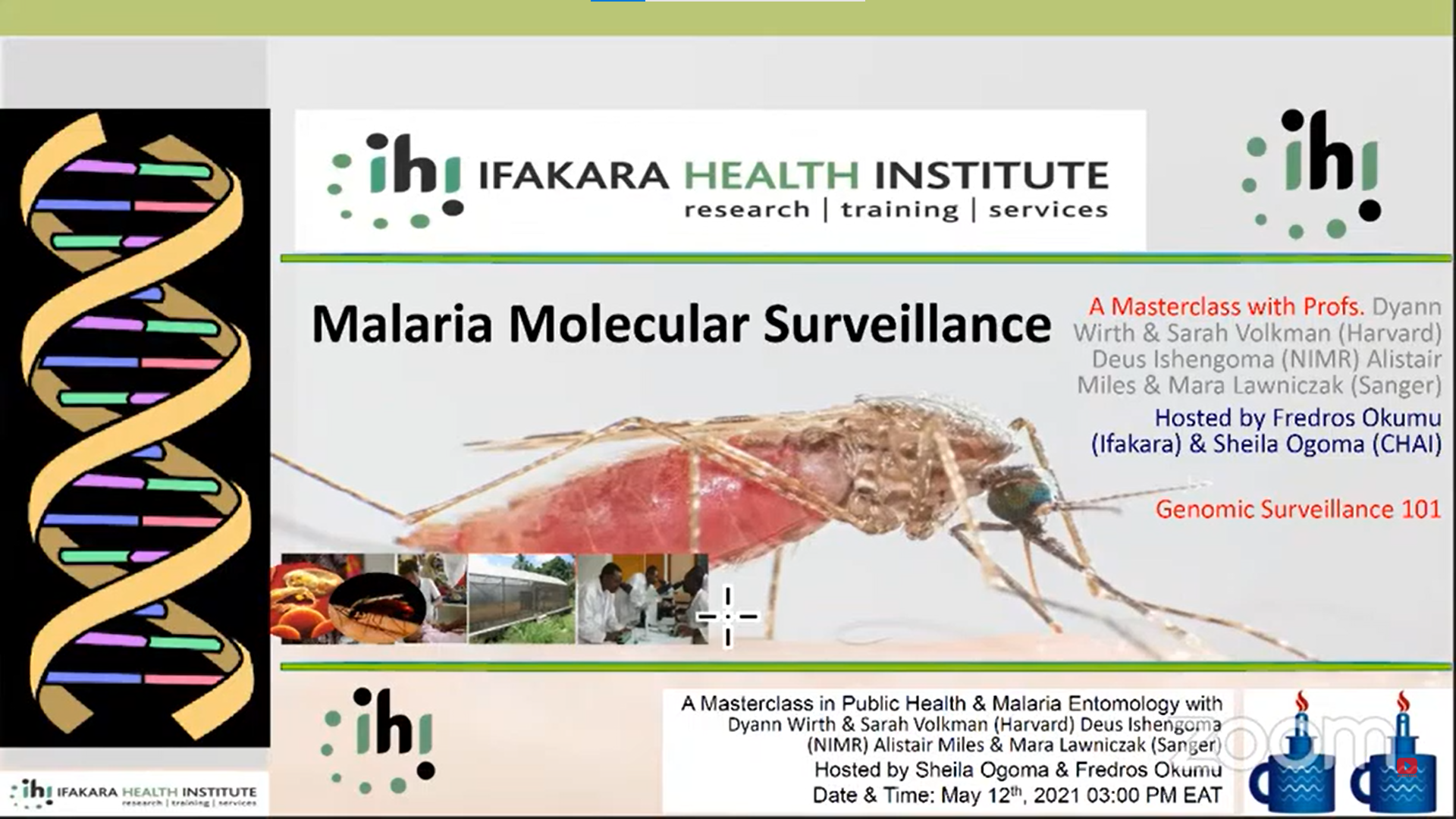Last Updated: 01/09/2025
Plasmodium falciparum tolerance to antimalarial drugs in West Africa: Molecular determinants and evolutionary dynamics (Emerging Genomic Selection and Antimalarial Tolerance in Africa – EGSAT)
Objectives
To determine the role of emerging and re-emerging genomics signatures of directional selection in antimalarial drug susceptibility, tolerance and resistance.
Specific objectives:
- To determine how P. falciparum antimalarial ex-vivo survival rates vary by transmission intensity and history of chemoprevention.
- To assess the sensitivity of isolates with known genetic markers of resistance to current and candidate antimalarial drugs.
- To identify genomic and transcriptomic correlates of ex-vivo drug tolerance.
- To assess the temporal and spatial dynamics of genetic variants in known and emerging selective signatures in P. falciparum.
Antimalarial drugs impose the strongest selective force on malaria parasites. In Africa, recent signatures of directional selection in genes associated with delayed or failed ACT treatment have been detected. Several concurrent antimalarial combinations are now used for clinical treatment or community interventions such as seasonal malaria chemoprevention (SMC). The Gambia like other Sahel countries for instance applies SMC with sulphadoxine-pyrimethamine (SP) plus amodiaquine while recommending Artemether Lumefantrine (AL) as first-line ACT. In the last four year, some populations have also been subjected to mass drug administration of Didydroartemisin-Piperaquine (DHPQ) alone or in combination with Ivermectin while SP is continuously administered for malaria prevention in pregnancy. These multiple drug pressures could drive multiple-drug resistance development and a return to the previous rates of high malaria burden and mortality. The project will determine the frequency and mechanisms of P. falciparum tolerance to current ACT drugs and select MMV candidate antimalarial compounds by using new P. falciparum ex-vivo drug survival rate assay, genomic and transcriptomic analyses. As such, the hypothesis is that Plasmodium falciparum isolates from low transmission regions of The Gambia and Senegal will be more tolerant to antimalarials than those from high transmission Ghana and Nigeria. This will be determined by common molecular variants.
Apr 2021 — Mar 2025
$879,260


